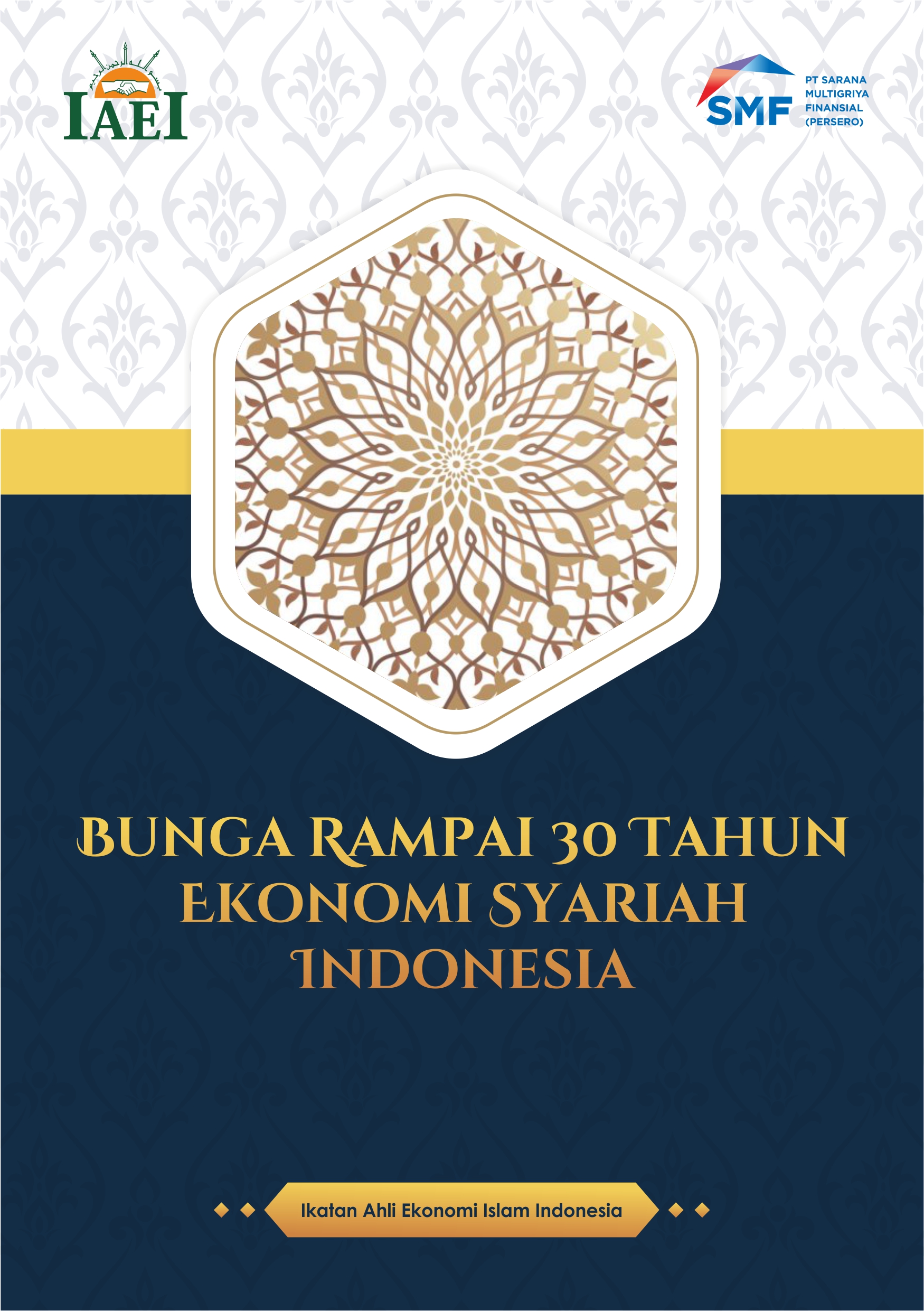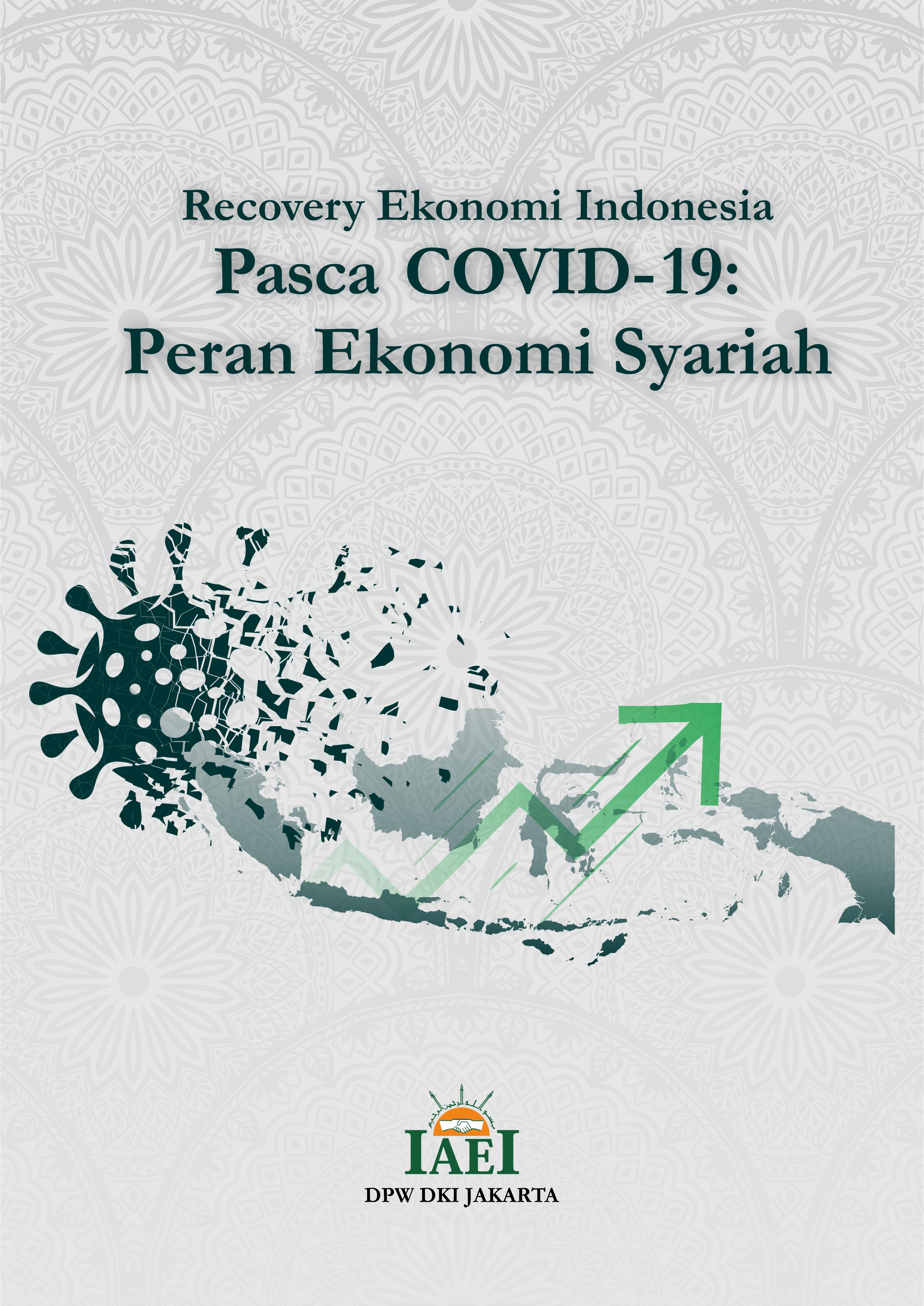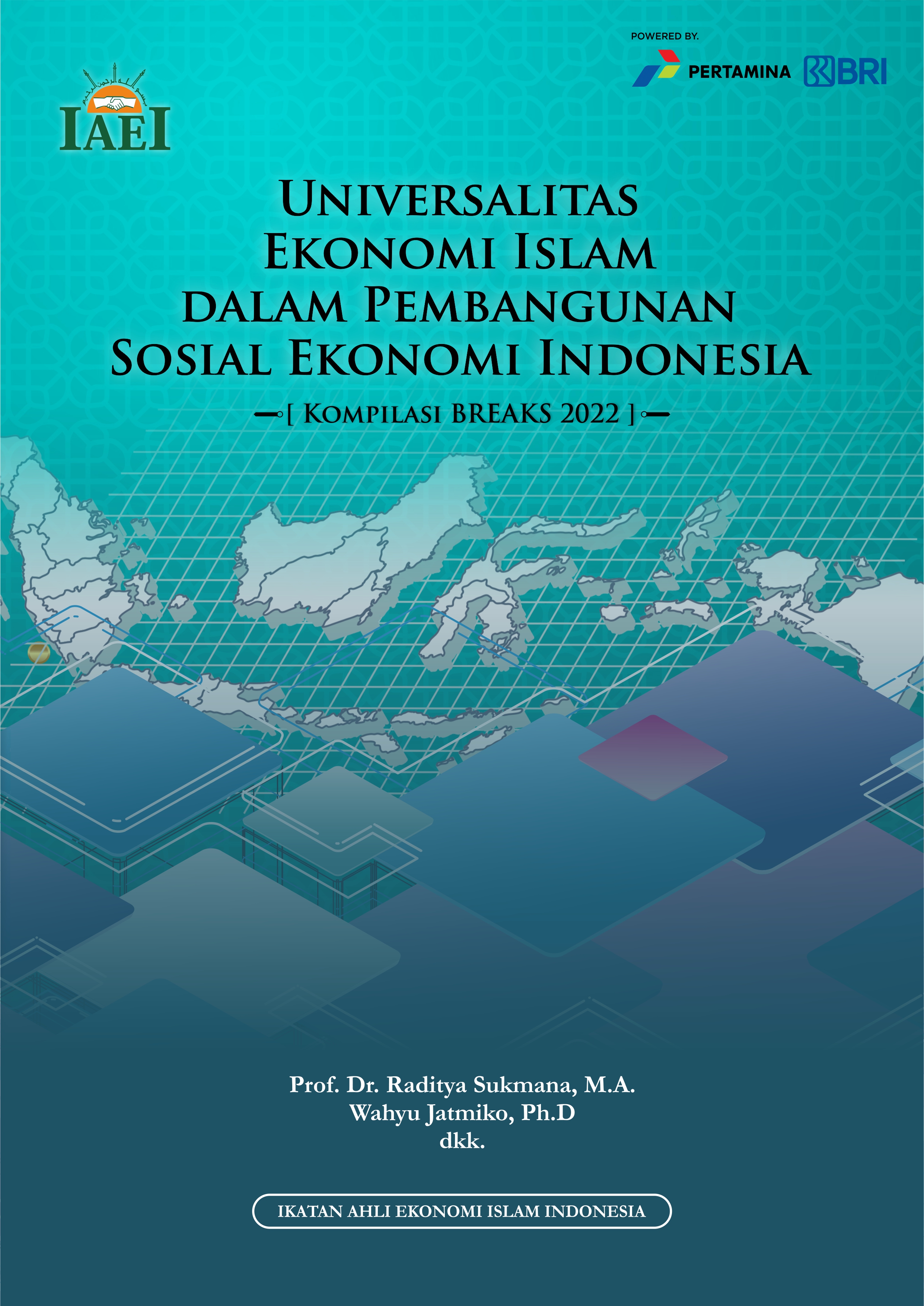Sharia economic development in Indonesia has been underway for three decades. At the beginning of its development, the Sharia economy tended to run bottom-up with very limited government intervention. This development was marked by the establishment of Bank Muamalat Indonesia (BMI) as the first bank to conduct business in accordance with Sharia principles, followed by Sharia insurance (Takaful) and Sharia mutual funds. There was no meaningful regulatory umbrella and supporting ecosystem in this era.
The government's support for the Sharia economic industry increased in the second decade. In this period, the government focused on establishing ecosystems and enablers for the development of the halal industry to spur the real sector of the Indonesian economy. The government's partiality was increasingly visible at the end of the 3rd decade of Sharia economic development in Indonesia, which was marked by the merger of three state-owned Islamic banks into Bank Syariah Indonesia (BSI) and the acquisition of BMI by the Hajj Financial Management Agency (BPKH).
This is an important capital to increase the development of Indonesia's Sharia economy and finance to various sectors ranging from banking, Non-Bank Financial Industry (IKNB), capital markets, halal industry, Islamic social finance, and other supporting ecosystems. The right direction of Sharia economic development is expected to be the driving force of the national economy, especially in the post-Covid-19 pandemic phase.


